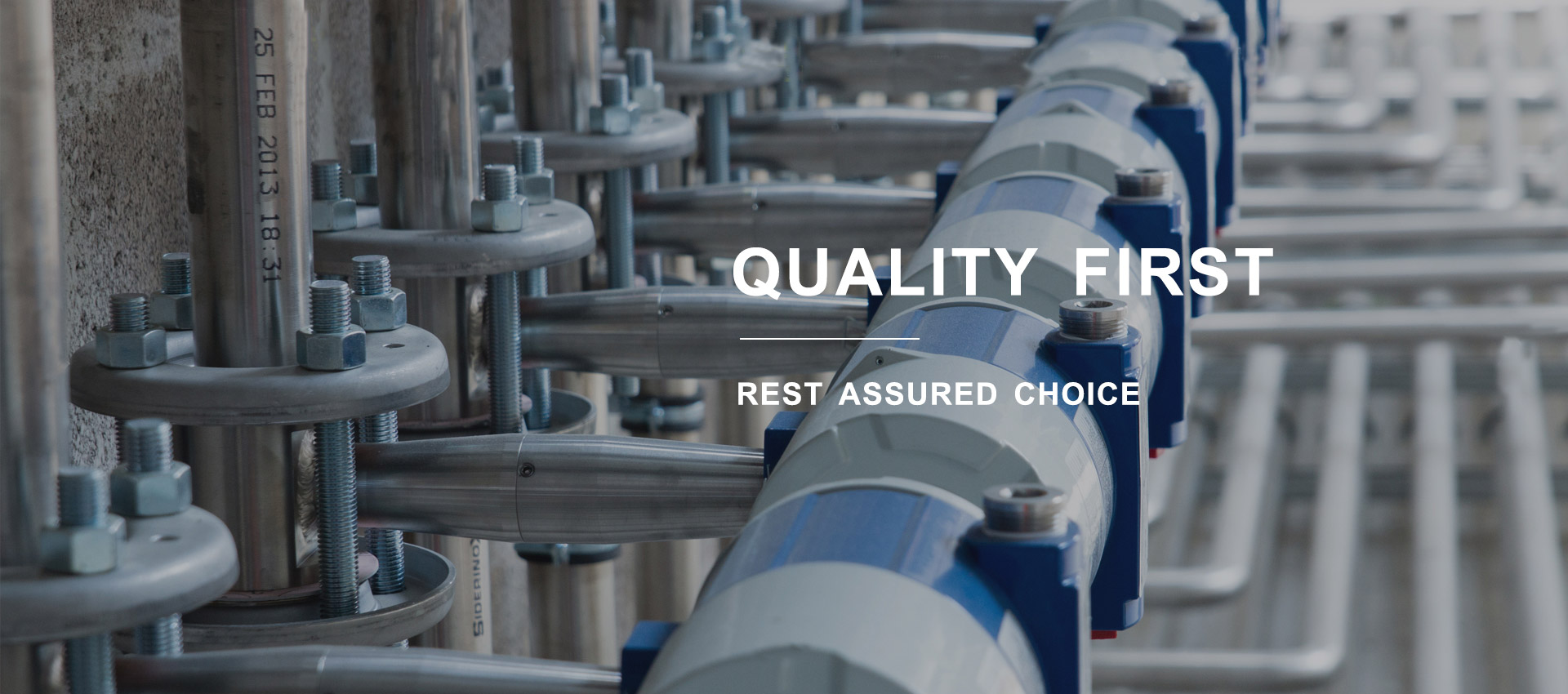

self type screw
Oct . 22, 2024 10:15 Back to list
self type screw
Understanding Self-Tapping Screws A Comprehensive Overview
Self-tapping screws are an essential component in various applications, ranging from construction and manufacturing to DIY projects. Unlike standard screws, self-tapping screws are designed with a unique feature that allows them to create their own hole as they are driven into materials. This innovation provides several advantages, making them a popular choice for both professional and casual users.
The Anatomy of Self-Tapping Screws
At first glance, self-tapping screws may appear similar to traditional screws, but a closer examination reveals distinct characteristics that enhance their functionality. The most significant feature is the threading that runs along the shaft. This thread design can vary significantly depending on the type of material the screw is intended for, whether it be metal, wood, or plastic. The end of a self-tapping screw is pointed, allowing it to pierce materials effortlessly, which is fundamental to its self-tapping capability.
Types of Self-Tapping Screws
There are two primary types of self-tapping screws thread-forming and thread-cutting screws. Thread-forming screws are designed to displace material rather than remove it. They create a tight fit in softer materials, such as plastics and wood, where the screw threads compress the surrounding material, forming a secure joint. On the other hand, thread-cutting screws are equipped with sharp cutting edges that remove material as they are driven in, making them suitable for harder substances, including metals.
self type screw

Advantages of Self-Tapping Screws
One of the most significant advantages of self-tapping screws is their efficiency. Their ability to cut and form threads reduces the need for pre-drilling holes, saving time and labor costs. This quality makes them particularly appealing in fast-paced environments like construction sites, where quick assembly is often a priority. Furthermore, self-tapping screws offer excellent holding power, thanks to their unique threading, which can support substantial loads.
Another benefit is versatility. Self-tapping screws are available in various materials, including stainless steel, zinc-plated steel, and brass, allowing users to select the right screw for their specific applications. This versatility extends to various coatings and finishes, providing additional protection against corrosion and wear, which is crucial for outdoor applications or environments with high humidity.
Conclusion
Self-tapping screws are invaluable tools in numerous industries, thanks to their innovative design and versatility. Understanding their specific types and advantages can help users make informed decisions when selecting the right fasteners for their projects. By eliminating the need for pre-drilling and ensuring a robust connection, these screws enhance both efficiency and reliability. Whether you are a seasoned professional or a DIY enthusiast, incorporating self-tapping screws into your toolkit can significantly improve your project outcomes.
Latest news
-
High-Strength Hot Dip Galvanized Bolts - Hebei Longze | Corrosion Resistance, Customization
NewsJul.30,2025
-
Hot Dip Galvanized Bolts-Hebei Longze|Corrosion Resistance&High Strength
NewsJul.30,2025
-
High-Strength Hot-Dip Galvanized Bolts-Hebei Longze|Corrosion Resistance&High Strength
NewsJul.30,2025
-
Hot Dip Galvanized Bolts-Hebei Longze|Corrosion Resistance&High Strength
NewsJul.30,2025
-
Hot Dip Galvanized Bolts - Hebei Longze | Corrosion Resistance, High Strength
NewsJul.30,2025
-
High-Strength Hot Dip Galvanized Bolts-Hebei Longze|Corrosion Resistance, Grade 8.8
NewsJul.30,2025

